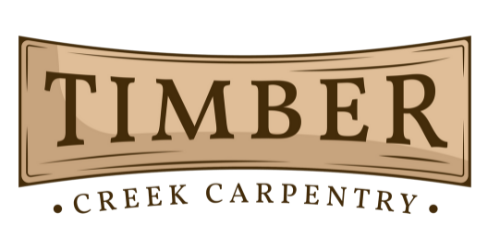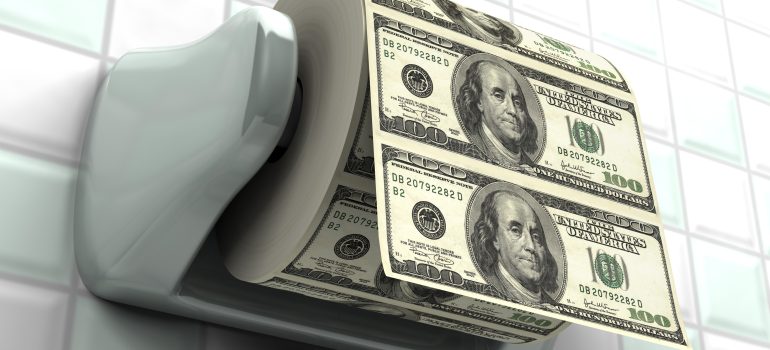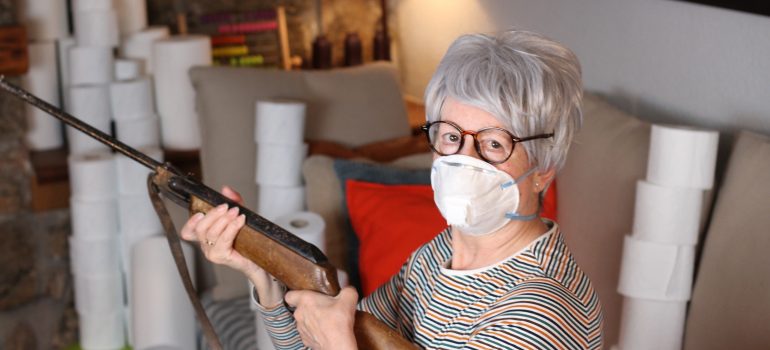May 26, 2025
The Best Businesses That Provide Essential Goods & Services
During a nation’s currency collapse, the best businesses are typically those that provide essential goods and services, offer protection against inflation or barter, or benefit from instability. Here are some of the top business categories during such a crisis:
1. Essential Goods and Services
These meet basic needs and are always in demand:
-
-
-
- Food production and distribution (farmers, local markets, preservation equipment)
- Water purification and distribution
- Fuel and firewood
- Medical services and supplies
- Sanitation and hygiene products
-
-
2. Repair and Maintenance
With imports collapsing and new goods becoming scarce, repair becomes valuable:
-
-
-
- Appliance and machinery repair
- Vehicle maintenance
- Shoe and clothing repair
- Construction and home repair
-
-
3. Security and Protection
In unstable times, personal and asset security is critical:
-
-
-
- Private security services
- Safe storage (vaults, lockers)
- Guns and ammunition (where legal)
-
-
4. Barter and Trade Facilitation
When currency fails, barter often resurfaces:
-
-
-
- General stores accepting barter
- Barter exchanges or local trading networks
- Portable value items (cigarettes, alcohol, batteries, lighters, etc.)
-
-
5. Alternative Currency or Hard Assets
Businesses dealing in:
-
-
-
- Precious metals (gold, silver coins)
- Cryptocurrency (if internet remains accessible)
- Foreign currency exchange (hard cash from stable nations)
-
-
6. Agriculture and Self-Sufficiency
Long-term value in food and renewable resources:
-
-
-
- Seed sales and heirloom gardening
- Livestock breeding
- Permaculture design and training
-
-
7. Skills-Based Services
When money has no value, skills do:
-
-
-
- Medical professionals
- Electricians, plumbers, mechanics
- Carpenters and masons
- Teachers and tutors (especially in survival or practical trades)
-
-
8. Information and Communications
-
-
-
- Radio communication equipment and repair
- Newsletters, reports, or analysis on economic survival
- Satellite phones or mesh networking
-
-


